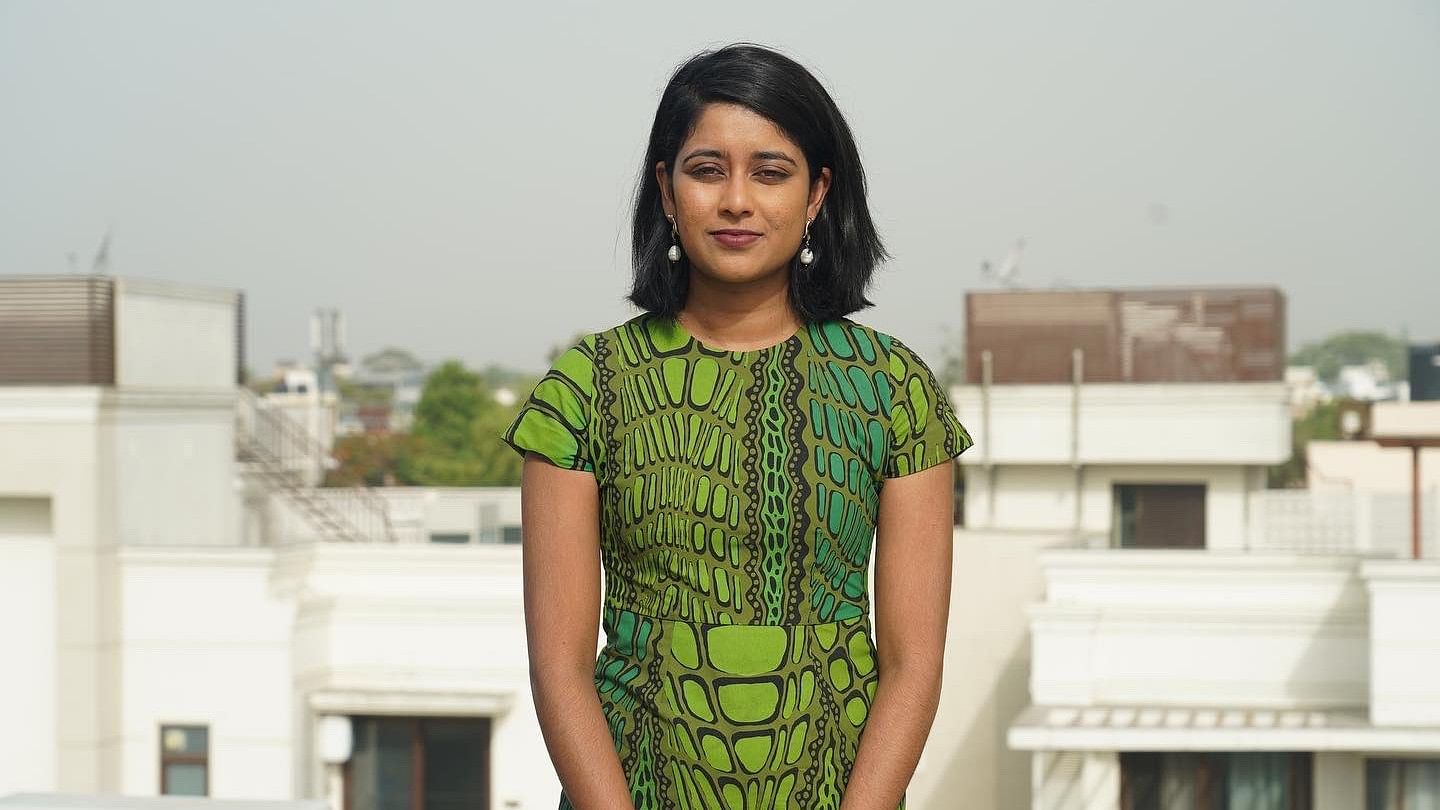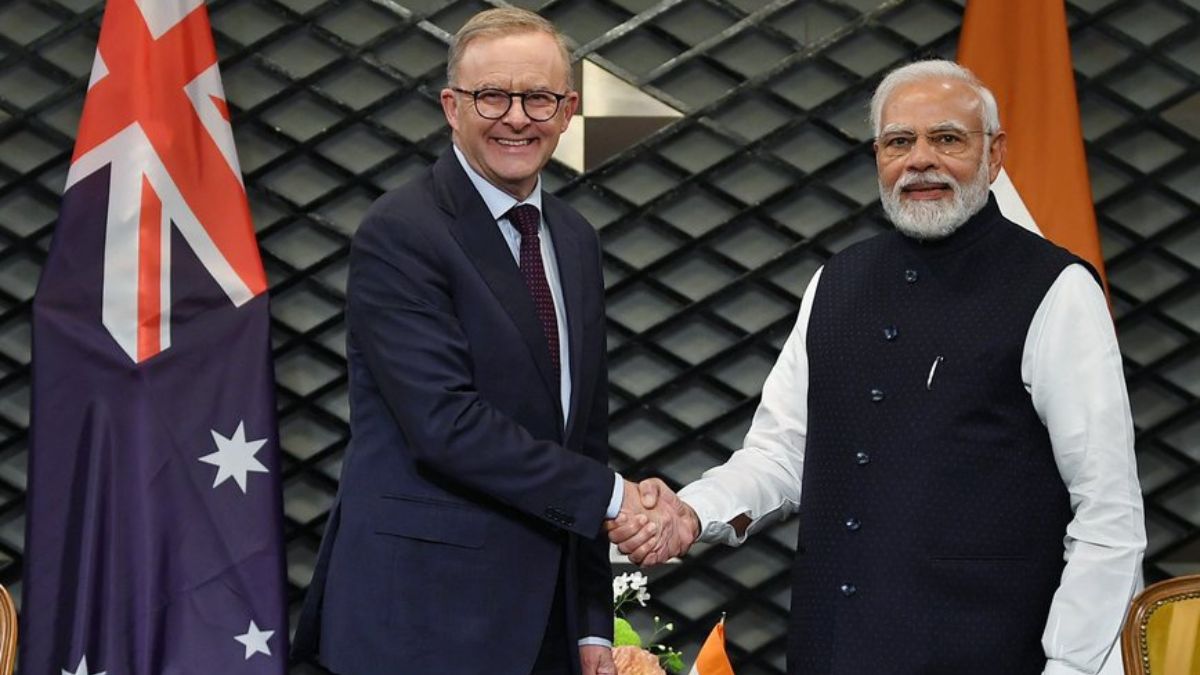‘No Job Offer’: Australian Journalist Denies Claims She Left India by Choice

- by Admin
- April 25, 2024

Dias alleged that Indian authorities “intimidated” and “pressured” the ABC crew in Punjab while they were covering the story. She also said that the Border Security Force “blocked” the crew from filming a public event near the Wagah border.
The foreign journalist stated that she had received a phone call from the MEA on 27 March informing her that she would not get a visa extension after visiting Nijjar’s family home and meeting representatives of a Sikh separatist group.
She claimed that the MEA official told her that her story on Khalistan was “beyond extreme” and that by making the documentary she had violated foreign journalist visa rules.
“We immediately notified the Australian Government, and the Foreign Minister’s office started lobbying the Indian government to approve my routine extension,” she said.
Dias also claimed that a Spotify podcast she has been hosting, titled ‘Looking for Modi’ – which explored the state of Indian democracy and the Centre’s alleged attempts at muzzling dissenting voices – was also not favourably looked upon by the government.
On 16 April, Dias said, the ABC were informed by the Press Information Bureau that there was “no chance” her election accreditation would be approved for the upcoming general elections due to an order from the MEA.
However, two days later she received a two-month visa extension – by which time she had already packed up her house and was due to fly out in less than 24 hours.
The Latest News
-
November 22, 2024‘Taking a bullet for your country’: Indian rookie’s defiance as Starc shoots down Perth claim
-
November 22, 2024Blink and you’ll miss it: After 17 wickets already, the Perth Test will only speed up from here
-
November 22, 2024India bowlers sow trouble Down Under: What is Australia’s lowest team score in Tests at home? | Sporting News India
-
November 22, 2024Second Australian dies from tainted alcohol in Laos, sixth death reported
-
November 22, 2024‘Boom Boom’ Bumrah puts Australia’s batters on the canvas




